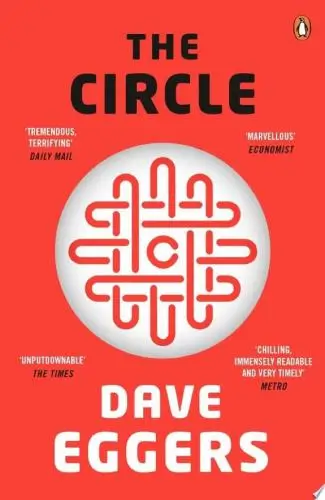The Circle
What's it about?
The Circle by Dave Eggers explores the impact of technology on personal privacy and societal norms. As you follow Mae Holland's journey through a powerful tech company, you'll encounter thought-provoking questions about transparency, surveillance, and the boundaries of social media. The narrative challenges you to consider the trade-offs between connectivity and privacy, and invites reflection on how much of your life you're willing to share. Through Mae's experiences, you gain insights into the potential consequences of a world driven by constant monitoring and data sharing.
About the Author
Dave Eggers is an American author known for his innovative narrative style and exploration of contemporary issues. Key works include "A Heartbreaking Work of Staggering Genius" and "The Circle." His writing often addresses themes of technology, social justice, and personal identity, blending humor with poignant commentary.
5 Key Ideas of The Circle
Embrace Openness, Avoid Overexposure
Finding balance between transparency and privacy is crucial for maintaining well-being in the digital age.
Imagine Mae's journey at The Circle—her drive for transparency leads to unexpected vulnerabilities, highlighting the nuanced line between sharing and oversharing.
- Preserving privacy allows individuals to maintain autonomy and control over their personal narrative.
- Transparency can build trust, but too much openness can dehumanize and reduce personal interactions to mere transactions.
- The Circle's push for 'full transparency' exemplifies how unchecked data sharing can lead to ethical and emotional concerns.
Review your social media profiles and adjust privacy settings to match your comfort with sharing personal information.
Avoid conflating openness with validation—sharing doesn't equate to worth; it's the authenticity of experiences that truly matters.
Human Connections Over Virtual Curations
Prioritize authentic relationships over superficial online engagements to cultivate genuine bonds.
Mae's digital immersion results in growing distance from her real-life relationships, a cautionary tale of losing touch with the essence of human connection.
- Virtual interactions can often become superficial, prioritizing quantity of connections over quality.
- Real-life engagement fosters meaningful bonds that can withstand life's trials more robustly than digital acquaintances.
- The Circle's emphasis on digital life reveals the potential emptiness of relationships built on likes and comments.
Reach out to a friend or family member for a phone call or meet in person to strengthen your relationship offline.
Beware of substituting online interactions for genuine presence; likes and comments can't replace quality time and shared experiences.
Questioning Technological Convenience
Critically examining the impact of technology on daily life prevents unintentional loss of freedom and autonomy.
Mae becomes entangled in The Circle's web of innovations, finding convenience alluring yet blind to its encroachment on autonomy.
- Reliance on technology for convenience can lead to an erosion of personal judgment and decision-making power.
- Critical examination helps consumers understand how technologies affect personal freedoms and societal norms.
- The Circle's seamless integration of monitoring tools illustrates the sneaky nature of convenience over control.
Identify one tech tool you use daily and assess how it affects your autonomy or habits. Make adjustments if needed.
Avoid surrendering personal choice to technology; convenient solutions shouldn't come at the cost of control.
Deeper knowledge. Personal growth. Unlocked.
Unlock this book's key ideas and 15M+ more. Learn with quick, impactful summaries.
Read Full SummarySign up and read for free!
The Circle Summary: Common Questions
"Secrets are lies. Sharing is caring. Privacy is theft." This chilling mantra from The Circle by Dave Eggers resonates throughout the story, encapsulating the novel’s exploration of a dystopian world dominated by technology and surveillance. Following the journey of Mae Holland, who becomes enamored with her new job at a powerful tech company, the book brilliantly raises questions about privacy, freedom, and the impact of social media on our lives.
As Mae becomes increasingly immersed in the company's culture of transparency and constant connectivity, I was hooked by the rapid escalation of her commitment to the Circle's ideals. The portrayal of the company’s ambitious goals—such as achieving complete transparency—left me both fascinated and uneasy. I found myself questioning the line between innovation and control, which reminded me of similar themes in books like The Social Dilemma and 1884 by George Orwell. The way Eggers crafts this intersecting tension between progress and personal autonomy kept me turning pages.
Overall, I was captivated by The Circle, yet disturbed by its implications. It serves as a cautionary tale about the dangers of unchecked tech influence on our lives. If you're into thought-provoking narratives that prompt reflection on our relationship with technology, I highly recommend it.
Experience Personalized Book Summaries, Today!
Discover a new way to gain knowledge, and save time.
Sign up for our 7-day trial now.
No Credit Card Needed

Similar Books

Demystifying Climate Models
Andrew Gettelman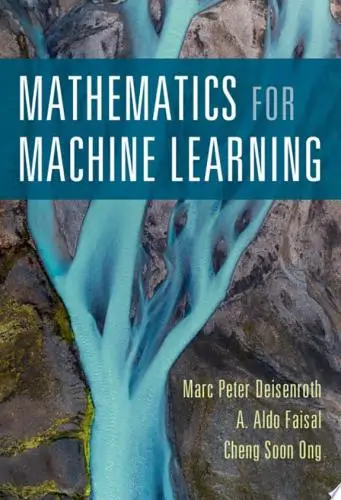
Mathematics for Machine Learning
Marc Peter Deisenroth
Clinical Microbiology
Parslow
Medical Laboratory Science Review
Robert R Harr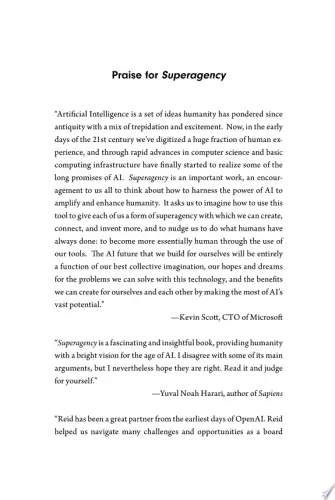
Superagency
Reid Hoffman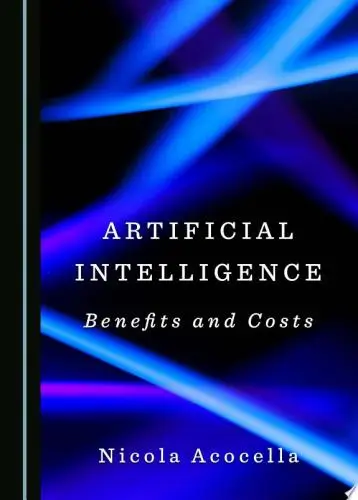
Artificial Intelligence
Nicola Acocella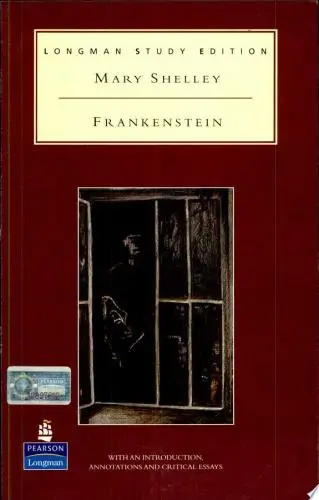
Frankenstein
Mary Shelley
Roitt's Essential Immunology
Peter J. Delves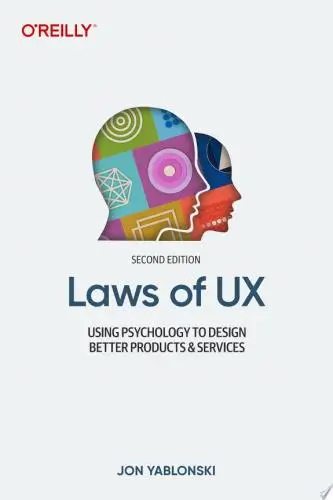
Laws of UX
Jon Yablonski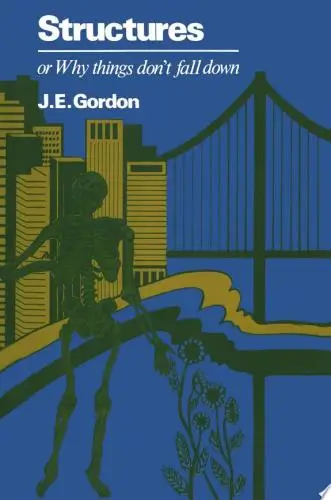
Structures
J. GordonTrending Summaries

Peak
Anders Ericsson
Never Split the Difference
Chris Voss
Smart Brevity
Jim VandeHei
The Psychology of Money
Morgan Housel
The First 90 Days
Michael D. Watkins
Atomic Habits
James Clear
Thinking, Fast and Slow
Daniel Kahneman
The Body Keeps the Score
Bessel van der Kolk M.D.
The Power of Regret
Daniel H. Pink
The Compound Effect
Darren HardyNew Books

Forex Trading QuickStart Guide
Troy Noonan
Comprehensive Casebook of Cognitive Therapy
Frank M. Dattilio
The White Night of St. Petersburg
Michel (Prince of Greece)
Demystifying Climate Models
Andrew Gettelman
The Hobbit
J.R.R. Tolkien
The Decision Book
Mikael Krogerus
The Decision Book: 50 Models for Strategic Thinking
Mikael Krogerus
Fichte
Johann Gottlieb Fichte
Do No Harm
Henry Marsh
